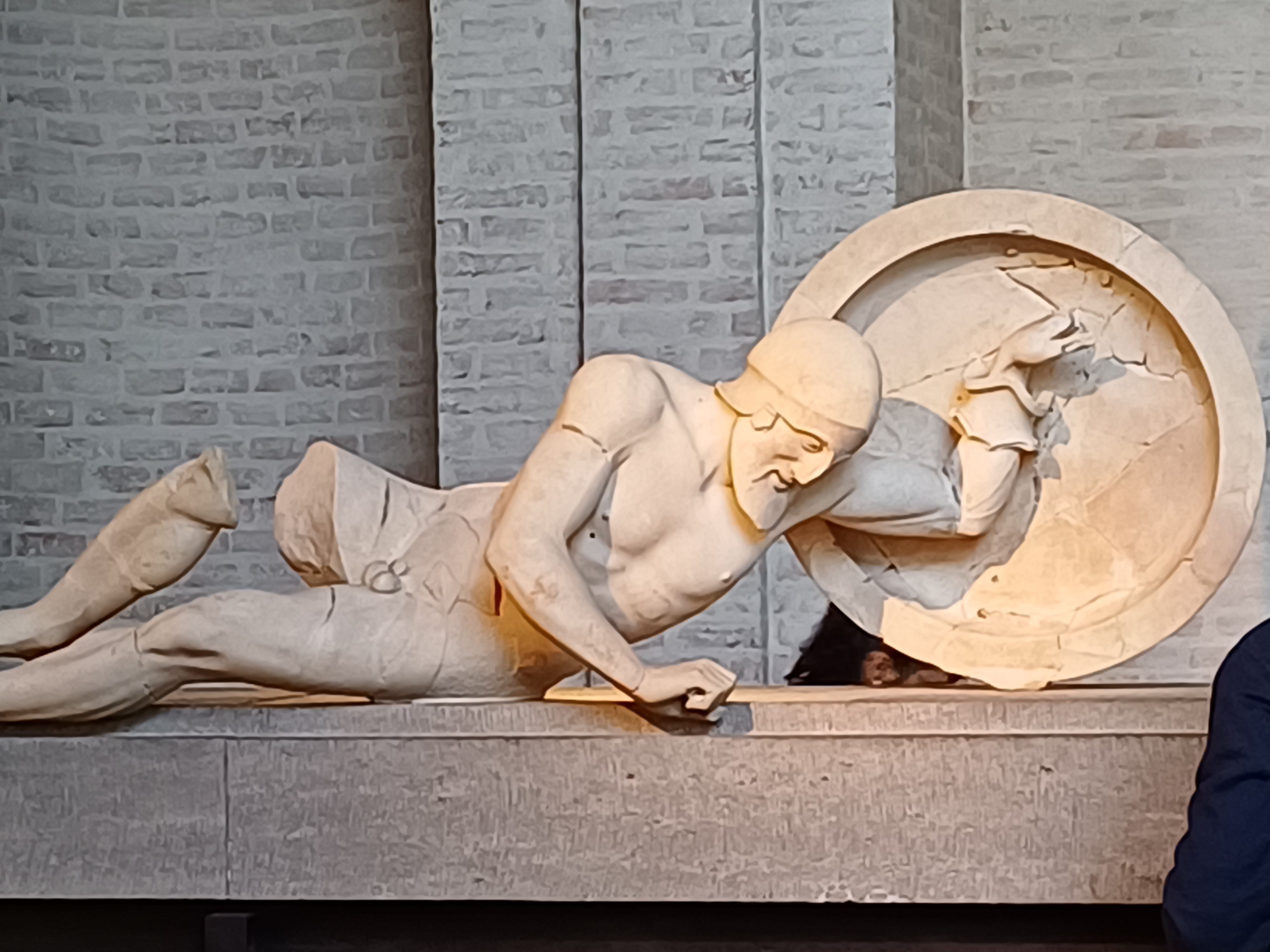Ars docendi 10/2022
Premessa – Vorwort [Adami]
Dear readers,
the tenth edition of Ars docendi is a source of joy and pride.
It was our intention to create a network between schools and universities not only in a single country, but across Europe. In recent issues, we have managed to bring together texts from England, Germany, Austria and Italy, and we would like to try to expand this network even further, with other contacts in other European countries.
We believe that dialogue and discussion between teachers, universities and schools in different European countries is important for ensuring growth, the development of ideas and the planning of teaching hours and projects in the field of classical languages.
And even if the editorial staff does not always fully agree with the reflections reported in the individual articles, in order to ensure the presence of multiple points of view, we still consider it appropriate and interesting to publish them, to the benefit of ars docendi, the art and skill of teaching.
Teaching is not merely an addition to classical philology, nor is it an aspect that can be taken or left, but rather a condicio sine qua non for classical languages and culture. It cannot be separated from the ongoing work on texts, classical philosophy, and the history of Greek and Latin language and culture. This is why we are dedicated to this art, because it guarantees the development and continuity of a heritage that is particularly dear to us. This is why we believe it is necessary to have a vision that does not stop at the borders of our territory, but is capable of involving at least this Europe, which is sometimes still rather awkward in seeking a common path, but exciting and engaging in its differences and variety of ideas.
In this edition, we continue with aspects and themes already mentioned in recent issues:
a) Latin in the multilingual curriculum: Martina Adami (Bolzano) proposes a project on botanical nomenclature and the importance of Latin in this field.
b) Travel in antiquity and beyond: Maria Krichbaumer (Munich) presents another wonderful idea to include and add to this theme.
c) Andrea del Ponte (Genoa) reflects on the idea of the thesis and the necessary guidelines for students, Giovanni Teresi (Marsala) has sent us a very interesting article on the world of education in ancient Rome, Nunzio Picchiotti (Perugia) proposes basic ideas on Latine loqui and, last but not least, historian Fabrizio Manco (Trapani) compares the world of magic and the world of fantasy.
e) And Paula Schäller (Leipzig) has written a beautiful essay on one of the most famous and most played video games: “Assassin's Creed”.
f) At the end of this edition, Martina Adami presents a very interesting publication by the well-known professor of classical philology, Michael von Albrecht (University of Heidelberg), who, in impeccable Horatian style, has written “sermones” about our modern world, written in a language that is more modern and alive than ever, Latin.
I wish you all happy reading.
Martina Adami
